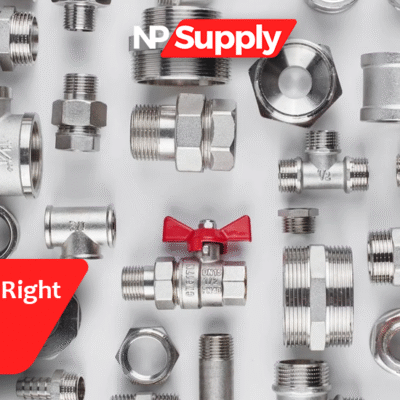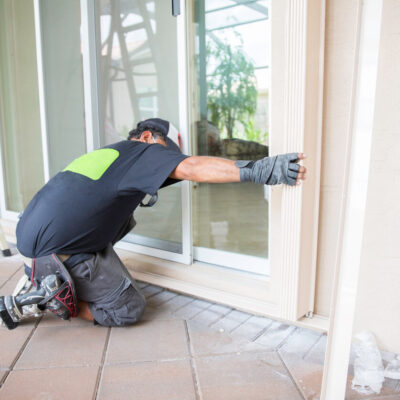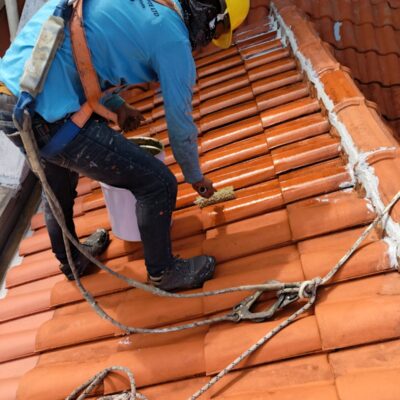Introduction
Spray foam insulation has become one of the most popular insulation methods for homeowners in Iowa. Known for its ability to seal gaps, prevent energy loss, and improve indoor comfort, it’s a top recommendation from Spray Foam Insulation Contractors Des Moines. But before committing, many homeowners wonder—are there any downsides to spray foam insulation?
In this detailed guide, we’ll look at the possible drawbacks, explain why they occur, and share how you can avoid them. The goal isn’t to scare you away from spray foam—it’s to give you the information you need to make an informed decision.

1. Higher Upfront Costs
One of the first potential downsides is the cost. Spray foam insulation generally costs more upfront than fiberglass or cellulose. While fiberglass might be more affordable initially, spray foam offers higher R-values and a better air seal, which can save money over time.
Closed-cell spray foam is the most expensive option but offers superior thermal resistance, moisture control, and structural strength. Open-cell spray foam is more affordable but still costs more than most traditional materials. Spray Foam Insulation Contractors Des Moines often explain that the higher cost is an investment in long-term comfort and lower utility bills.
2. Professional Installation Is Required
Spray foam isn’t a DIY-friendly material. It requires specialized equipment and precise application techniques. If it’s installed incorrectly—too thin, unevenly applied, or without proper surface prep—it won’t perform as expected.
Professional Spray Foam Insulation Contractors Des Moines are trained to mix the chemicals at the correct temperature, apply them evenly, and ensure every gap is sealed. Without that expertise, you risk wasting materials, creating air pockets, or even causing structural damage.
3. Temporary Odors and Off-Gassing
During installation, spray foam insulation releases vapors known as volatile organic compounds (VOCs). These odors can linger for a short period after installation. For most people, proper ventilation during curing makes this a minor issue, but individuals with asthma or chemical sensitivities may want to avoid the home until the foam has fully cured.
Reputable Spray Foam Insulation Contractors Des Moines will use low-VOC products when possible and take steps to ventilate the space during and after application.
4. Potential Moisture Concerns
Spray foam creates an airtight barrier, which is excellent for energy efficiency. However, if moisture enters the wall or roof system through a leak, the airtight nature of spray foam can trap it inside. Over time, this could lead to mold growth or rot if not addressed quickly.
This isn’t a flaw in the insulation itself—it’s a sign that moisture control must be part of your installation plan. Proper sealing, vapor barriers, and regular inspections can eliminate this risk.
5. Permanence and Remodeling Challenges
Spray foam insulation is permanent. Once it’s applied, it adheres tightly to the surfaces and can be difficult to remove. If you plan major renovations in the future, such as moving walls or replacing wiring, removal can be labor-intensive and costly.
Spray Foam Insulation Contractors Des Moines recommend finalizing electrical, plumbing, and HVAC work before installation to minimize the need for removal later.
6. Environmental Impact
Spray foam is made from petrochemicals and some products use blowing agents with a higher environmental footprint than other insulation types. The good news is that modern formulations are improving, and many contractors now offer more eco-friendly spray foam options. Choosing a contractor who uses these newer materials can reduce the environmental impact of your project.
7. Fire Safety Considerations
Spray foam insulation is combustible and must be covered with a thermal barrier—usually drywall—to meet building codes. Professional installers understand these requirements and ensure your insulation is code-compliant. This step not only keeps your home safe but also ensures it passes inspections during a sale or refinance.
8. Rare Mortgage or Resale Issues
In rare cases, improperly installed spray foam has caused mortgage or resale issues when it hid structural problems like roof damage. While this is more common in other countries, it underscores the importance of hiring trusted Spray Foam Insulation Contractors Des Moines who follow best practices and document their work.
How to Minimize the Downsides
The great news is that most of the drawbacks associated with spray foam insulation are preventable. Here’s how to make sure your installation goes smoothly:
Hire Certified Experts – Always work with experienced Spray Foam Insulation Contractors Des Moines with proven track records.
Choose the Right Foam Type – Open-cell for soundproofing and flexibility, closed-cell for moisture resistance and strength.
Plan Before You Install – Complete all wiring, plumbing, and HVAC changes before insulating.
Ensure Proper Ventilation – Use fans or open windows during curing to remove VOCs quickly.
Address Moisture Control – Seal leaks, use vapor barriers, and schedule periodic inspections.
Follow Building Codes – Install fire-resistant barriers where required.
The Bottom Line
Spray foam insulation offers many benefits: energy savings, improved comfort, moisture control, and long-term performance. But like any investment, it comes with considerations—higher upfront cost, the need for professional installation, and planning for ventilation and moisture management.
When you partner with skilled Spray Foam Insulation Contractors Des Moines, most of these potential downsides are eliminated. The key is working with a local team that understands Iowa’s climate, follows safety protocols, and uses top-quality materials.
Take the Next Step
If you’re ready to experience the benefits of spray foam insulation while avoiding common pitfalls, trust the experts at Des Moines Insulation. Our certified Spray Foam Insulation Contractors Des Moines deliver precision installation, superior materials, and long-lasting results.
Call us today or request a free quote online to get started on making your home more comfortable, energy-efficient, and valuable year-round.





